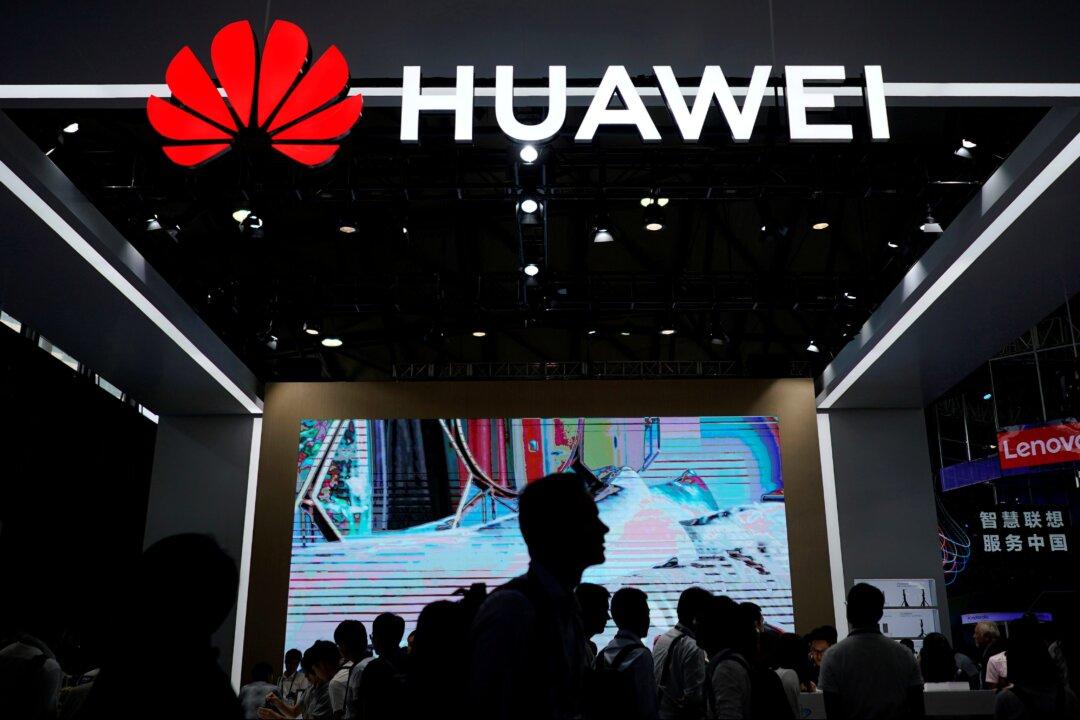Chinese telecoms equipment maker Huawei Technologies Co. Ltd. on March 7 confirmed it is suing the U.S. government over a section of a defense bill passed into law last year that restricts its access to the United States.
Huawei says it has filed a complaint in a federal court in Texas challenging the constitutionality of Section 889 of the National Defense Authorization Act (NDAA), a section signed into law in August that bans federal agencies and their contractors from procuring Huawei and ZTE equipment.





